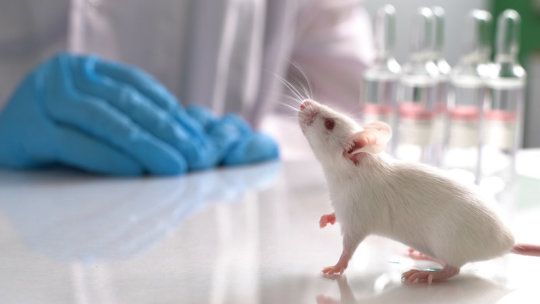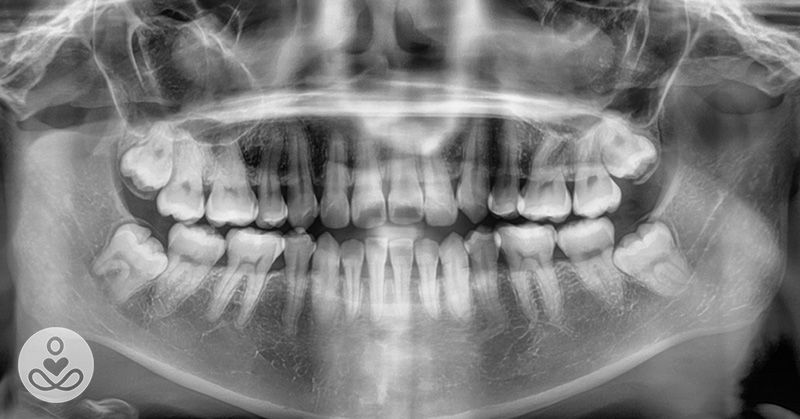California has thousands of people that they’re watching for the Wuhan Coronavirus Pandemic.
California Gov. Gavin Newsom said Thursday that 33 people have tested positive for COVID-19 and the state is currently monitoring at least 8,400 others —a day after U.S. health officials confirmed the first possible community transmission of the coronavirus in a Solano County resident.
“This is a fluid situation right now and I want to emphaize the risk to the American public remains low,” said Dr. Sonia Y. Angell, California Department of Public Health Director and State Health Officer during a press conference. “There have been a limited number of confirmed cases to date.”
The Centers for Disease Control and Prevention doesn’t know exactly how the new California patient, who’s receiving medical care in Sacramento County, contracted the virus. The patient didn’t have a relevant travel history or exposure to another patient with the virus, the CDC said Wednesday.







